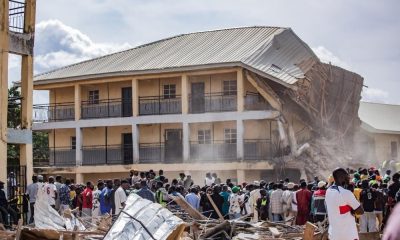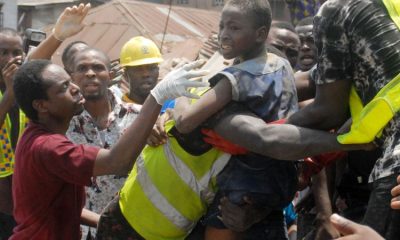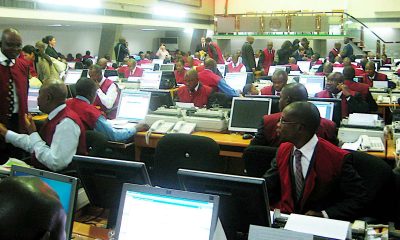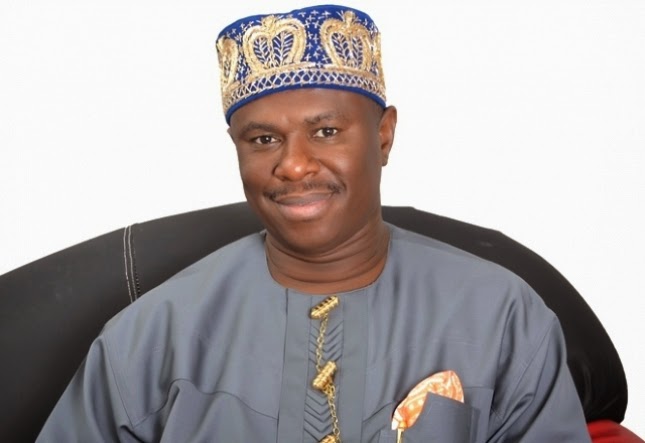The Nigerian Maritime Administration and Safety Agency, NIMASA, has said that 38 per cent of maritime accidents in the country between 2016 and 2018 were as a result of human error.
Dakuku Peterside Disclosing this while delivering a lecture on “Maritime Safety and Shipping Development in Nigeria: Challenges and Prospects,” at the National Defence College, Director-General of NIMASA, Dakuku Peterside, said that the Agency is working hard to initiate new measures to minimise human factors in the industry processes.
The NIMASA boss said industry actors have a greater role to play in the new approach to maritime safety as they have a better control over the human elements.
He said NIMASA was tackling the human factors that could imperil shipping in the country through its improved enforcement and monitoring mechanisms.
Peterside also noted that 19 per cent of accidents during the period was as a result of fire explosion; 12 per cent was due to ship capsize; grounding and sinking accounted for eight per cent each; and oil spill accounted for 15 per cent.
He identified the challenges associated with maritime safety and shipping development in Nigeria to include poor compliance with regulations, insufficient manning, professional competence issues, lack of capital, piracy, inadequate technological infrastructure, and pollution.
Dakuku stated, “NIMASA has continuously dealt with safety challenges in the context of operations, management, surveying, ship registration, and the role of administration.
Since international maritime safety has moved from a largely prescriptive and reactive safety scheme to a risk-based proactive regime, responsibility for safety is being placed on those in the industry to set out and create new perspectives on risk-based decision making.
“Hence, the way forward would be to adopt a Formal Safety Assessment (FSA) framework for maritime safety management.” At NIMASA, he said.
“We have moved from enforcement to education and enlightenment, to get operators to understand why they should comply with the rules and the risks in not complying, as well as help them to comply.”
Speaking further at the event, which had participation from several African countries, Dakuku called for multilateral cooperation, especially among African countries, to ensure vessel safety and enhance opportunities for the exploitation of marine resources, saying maritime security is a global problem.
“Shipping, perhaps, is the most globalised of all great industries in the world. Approximately 90% of world trade is transported by ships. Such as the case of Nigeria, this figure is close to 95%.
There are over 50,000 merchant ships trading internationally today, manned by more than a million seafarers and carrying every kind of cargo. Thus, the safety of vessels is critical to the global economy,” he stated.

 Latest1 week ago
Latest1 week ago
 Business1 week ago
Business1 week ago
 Latest1 week ago
Latest1 week ago
 Latest1 week ago
Latest1 week ago
 Business1 week ago
Business1 week ago
 Business1 week ago
Business1 week ago
 Football1 week ago
Football1 week ago
 Business1 week ago
Business1 week ago

